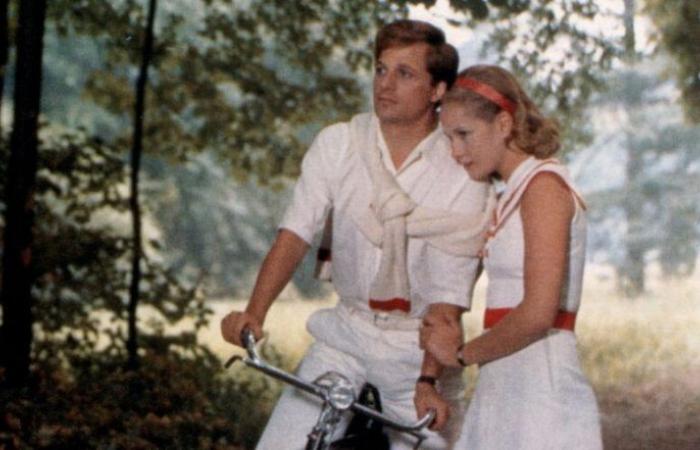The rest under this advertisement
Monument of Italian neorealism, The Finzi-Contini Garden, unveiled in 1971, is one of the major works of filmmaker Vittorio De Sica. Armed with Dominique Sanda, Helmut Berger, Lino Capolicchio and even Fabio Testi, he achieved a coup with this feature film, winning the Golden Bear at the Berlin Film Festival and the David di Donatello Award for best film. A hell of a raid, completed by the Oscar for Best Foreign Film in 1972… Note also that all this would never have existed without the eponymous novel by the writer Giorgio Bassani, published in 1962.
The garden of the Finzi-Contini, a family of the Jewish aristocracy in Mussolini’s fascist Italy
How do we react when the unspeakable knocks at our door, when our daily life is far above that of ordinary mortals? This question is at the center of Finzi-Contini Garden proposed by Vittorio De Sica. Here, it all begins near Ferrara, in the Italy of 1938. La Botte, already converted to Mussolini’s fascism, gradually sinks into anti-Semitism and the country’s Jews find themselves targeted by a multitude of measures. A threat which is becoming more and more pressing, but which the Finzi-Contini clan does not calculate. Comfortably installed for several generations on the throne of the local aristocracy, the family continues to organize parties and tennis games in defiance of the context, not feeling the breath of arrests coming…
The rest under this advertisement
A film more raw than the original novel
Well and truly based on the novel by Giorgio Bassani, the evening feature film nevertheless took some largesse with the original work. Indeed, contrary to what is shown on screen, the subject of the arrest is only raised in the first pages. Thus, the question of arrests takes up more space in the film, with that of Giorgio’s father, who simply does not exist in the novel. An intimate scene is shown in a crude manner in front of Vittorio De Sica’s camera. Giorgio, after having had a relationship with Malnate, sees Micol completely naked, when under Bassani’s pen, it is only a dream.






